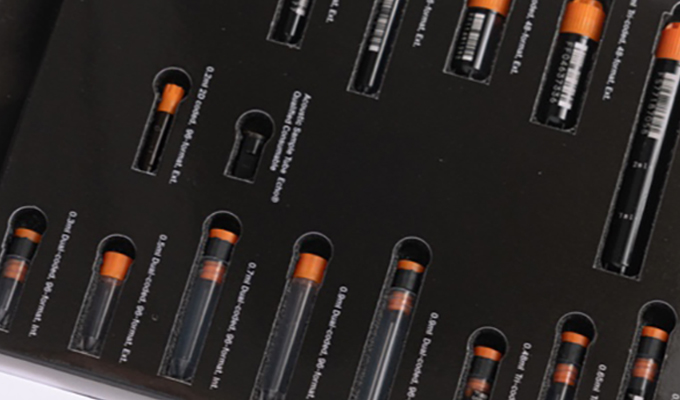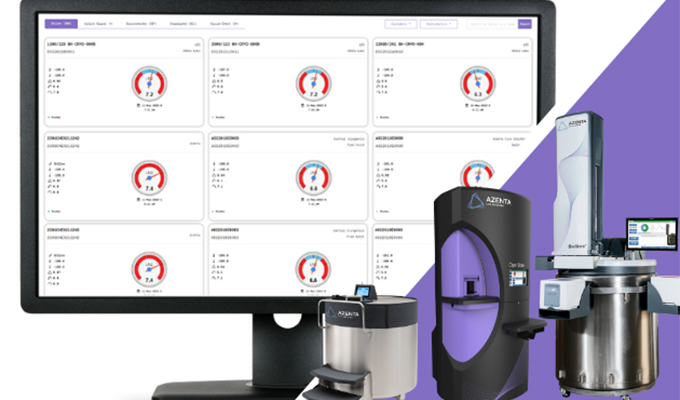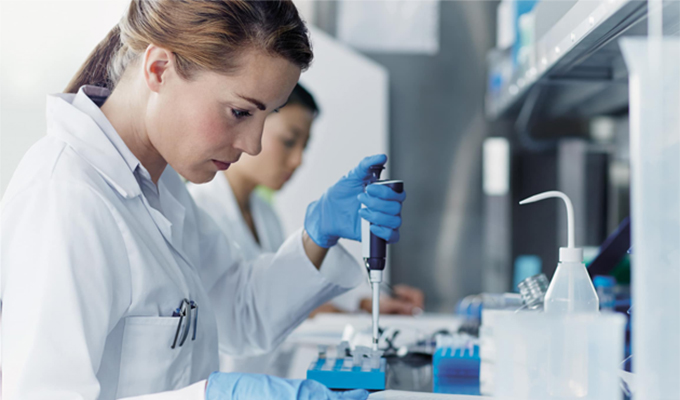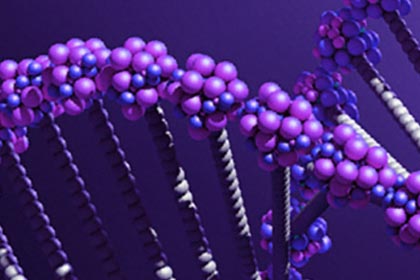Using Synthetic Biology to Understand the Evolution of Bacterial Resistance
Antimicrobial resistance represents one of the major global threats to health and development. Mutations are the driving force of evolution, but their phenotype is defined by the existing molecular mechanisms inside cells. By focusing not only on the mutations that lead to adaptation, but also on those that do not, mechanisms that constrain evolution can […]
View Blog










